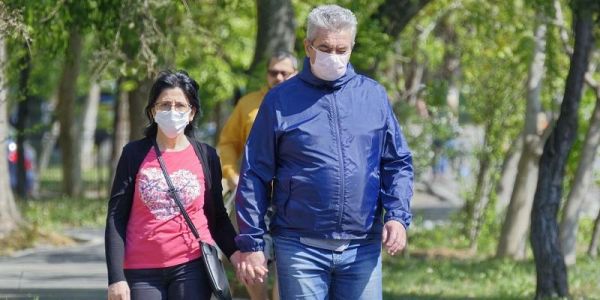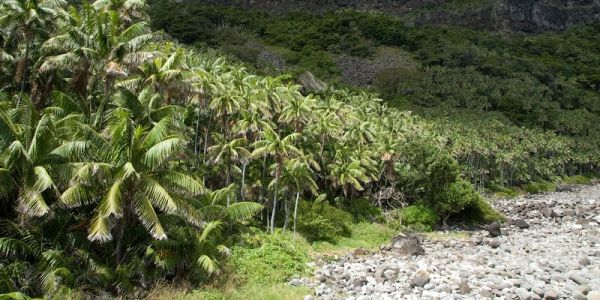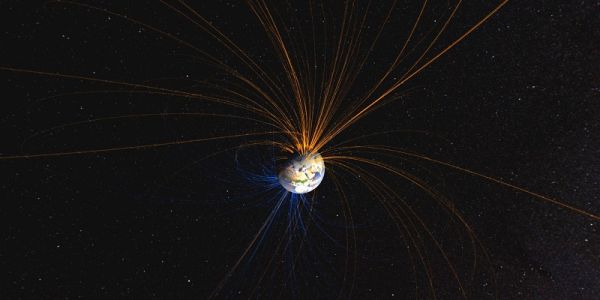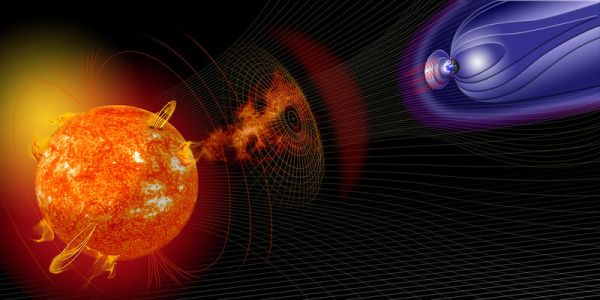
Aerosol transmission may spread COVID-19
The World Health Organisation needs to recognise that coronavirus might be spread by tiny respiratory droplets that remain in the air for prolonged periods, say leading academics.

The World Health Organisation needs to recognise that coronavirus might be spread by tiny respiratory droplets that remain in the air for prolonged periods, say leading academics.

A major new study shows adding rock dust to farmland could remove the carbon dioxide equivalent of more than the current total emissions from global aviation and shipping combined.

A major study has conducted the first global assessment of palm tree numbers to better understand tropical forest diversity and reduce uncertainty about carbon balance in these ecosystems.

The International Medieval Congress (IMC) – the biggest academic event of its kind in Europe – starts today. And for the first time it will be entirely online.

A new study reveals that changes in the direction of the Earth’s magnetic field may take place 10 times faster than previously thought.

A major new interdisciplinary research centre has been launched with the aim of putting Leeds at the forefront of global efforts to tackle cancer.

Drugs developed to treat Alzheimer’s Disease could be repurposed to prevent - or even reverse - damage done to the blood vessels of people who are obese or have type 2 diabetes, according to research.

Gold mining significantly limits the regrowth of Amazon forests, greatly reducing their ability to accumulate carbon, according to a new study.

The UK’s ability to predict solar superstorms and other severe space weather events is to get a significant boost with the launch of a major research project involving Leeds expertise.

Scientists from the University of Leeds are to study live virus excretion in faeces to understand more about the spread of SARS-CoV-2 – the coronavirus responsible for the pandemic.